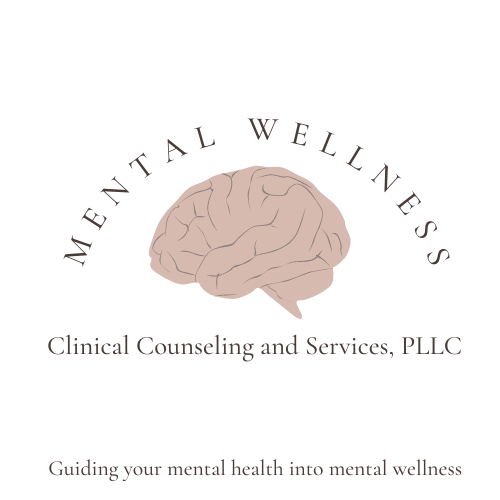Self-Care Starts in the Kitchen: Black Moms on Food, Healing & Mental Health
As a therapist for ambitious Black millennial moms (and a mom of five myself), I know how hard it is to even think about adding nutrition to your list of things to “fix.” But what if I told you that improving your nutrition can actually support your mental wellness—without being a big production?
That’s exactly what we unpacked during a recent Instagram Live with registered dietitian nutritionist Carly St. Laurent (aka the Mindful Eating Dietitian). Carly helps busy women improve their health and energy through realistic, non-restrictive nutrition practices—no guilt, no shame, no food rules.
If you missed the Live, here’s a recap of the key takeaways that every overwhelmed, driven mom needs to hear.
Nutrition and Mental Health: The Overlooked Connection
Carly shared something powerful that stuck with me:
“People often use food as a tool when they feel out of control in life—because it’s something they can control.”
Whether it’s stress eating, skipping meals, or obsessing over diets—we often don’t realize how deeply food and mental health are intertwined. In fact, Carly says she regularly refers clients to therapy when she sees deeper emotional struggles influencing food choices.
Here’s how nutrition impacts your mental health (and vice versa):
Poor nutrition can lower your energy and focus.
Skipping meals can increase anxiety and irritability.
Eating inconsistently can disrupt sleep and blood sugar levels.
Lack of hydration can mimic symptoms of fatigue and mood swings.
On the flip side, when you eat well and stay nourished, you’re giving your mind the fuel it needs to cope, create, and show up fully in your life.
Mindset Shifts Around Food for Moms
One of the most important messages Carly emphasized was this:
“It’s not about the perfect diet. It’s about what works for you and your lifestyle—right now.”
As moms, especially women of color, we often carry family beliefs, cultural expectations, and social media pressure into the kitchen. Carly encourages us to shift those mindsets and ask ourselves:
What does nutrition look like for my family?
What small decisions can I take off my plate?
What food habits are actually helping me feel good?
One practical tip: Share the responsibility. Ask your kids what they want for lunch or dinner. It removes mental load and teaches them autonomy.
3 Ways to Improve Nutrition Without the Overwhelm
If therapy or hiring a nutritionist feels out of reach right now, start with these small, impactful steps:
1. Prioritize a Balanced Breakfast
Carly recommends eating something—anything—within two hours of waking. This gets your metabolism going and helps regulate your energy and mood throughout the day. Grab her free download: 5 Simple Breakfast Ideas on her site to get started.
2. Check In With Your Hunger Every 2–3 Hours
You don’t have to eat every few hours, but Carly encourages a quick pause to ask: Am I hungry? Am I tired? Am I just dehydrated? Awareness leads to better decisions.
3. Hydrate First, Then Decide
Many moms are walking around dehydrated and mistaking thirst for hunger or fatigue. Carly suggests doing a “thirst check” and aiming for consistent water intake throughout the day.
Don’t Overcomplicate It: Start Where You Are
Nutrition doesn’t have to mean giving up everything you love or cooking every meal from scratch. Sometimes, it’s just adding a fruit to your plate. Or eating with your child instead of waiting until they’re in bed. Or simply noticing your patterns and being honest with yourself.
Self-care can start with a meal.
Mental wellness can begin with a glass of water.
You don’t have to do it all at once. Just start.
Want More Support? Join The Ambitious Mom Reset Community
If you’re ready for a deeper level of support, I’d love to invite you to join me for the:
Ambitious Mom Reset Community (4-Week Session)
It’s a community for Black moms who are tired of performing, burned out from doing it all, and ready to reclaim their peace.
In this 4-week, therapist-led experience, we’ll focus on:
Releasing mom guilt
Prioritizing real self-care (not spa days you don’t have time for)
Sharing honest conversations in a safe, supportive space


